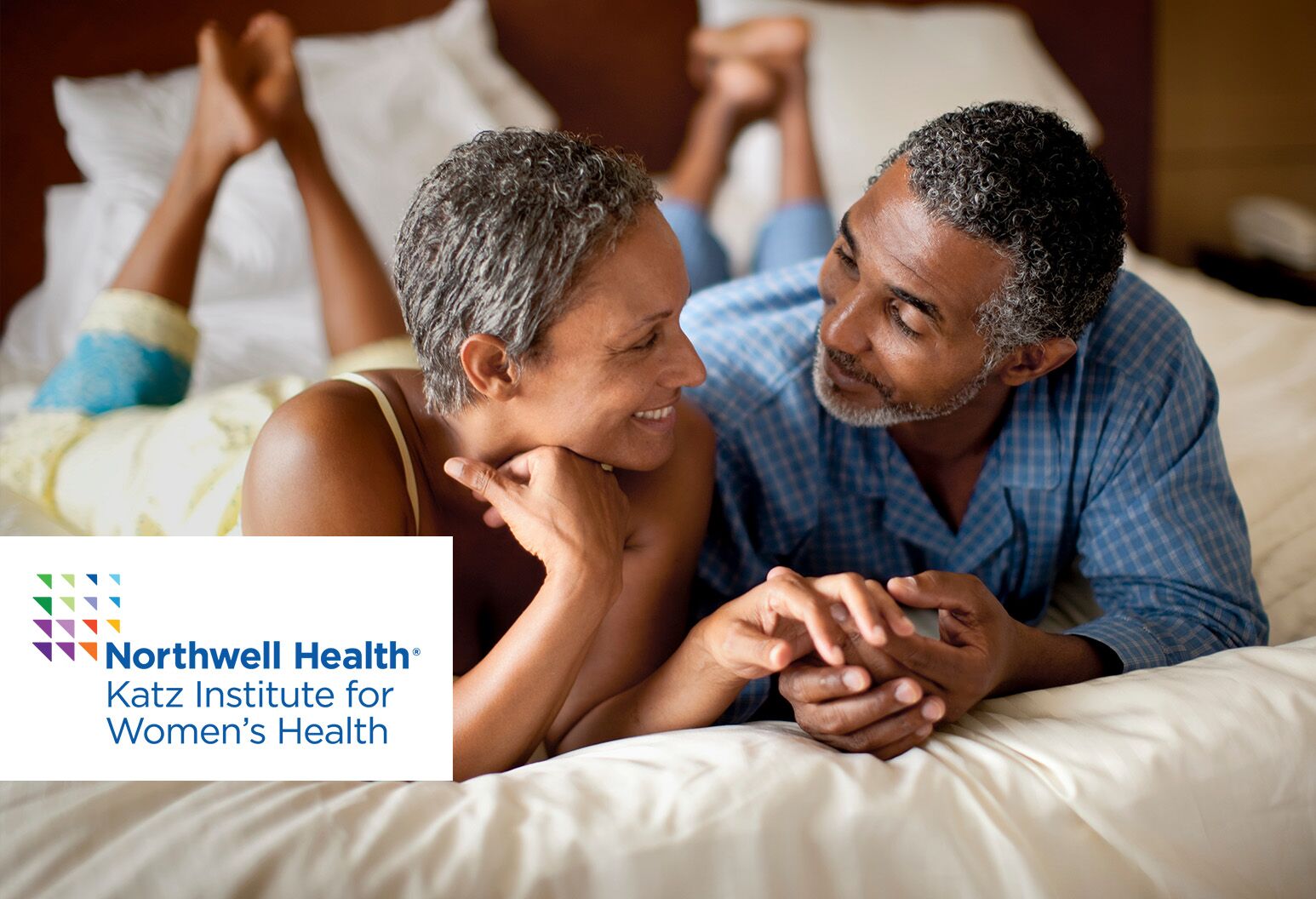relationships/sexual health
Going No Contact: 5 Things To Know
I’m in my mid-50s, and am suddenly finding that my libido has decreased significantly. I’m also having pain during intercourse that I’ve never experienced before and honestly, it’s putting a strain on my mental health—not to mention my relationship. What’s going on, and what can I do?
Sincerely,
“Low on Libido”
It can certainly be frustrating if you work hard to look and feel your best, only to find that your pelvic region isn’t cooperating. There are a range of factors that can contribute to low libido and pain during intercourse, but luckily there are also a number of treatments you can pursue to get your mental, sexual, and relationship health back on track.
When women come to see me about low libido, the majority of the time it’s because sex has become painful for them, which depresses their desire. A range of physical issues—including chronic unexplained vulvar pain (also known as vulvodynia), pelvic floor dysfunction, endometriosis, interstitial cystitis, or hormonal issues such as menopause—can all contribute to pain during sex.
Identifying the exact cause of pain can be difficult, since women’s symptoms are often difficult to diagnose. It’s common for a doctor to assume women have a yeast infection or vaginal dryness because they complain about burning, ripping, tearing, or itching sensations, when in reality, the cause is much more serious. For these issues, it's important to find a doctor who specializes in women’s pelvic and sexual health.
Once you’ve identified the cause of pain, there are many treatments that can help—including topical creams like vaginal estrogen, medications, or physical therapy to learn relaxation techniques and stretching, as well as other hands-on therapies such as myofascial release.
Aside from pain during intercourse, there are lifestyle habits and certain medical treatments that can also contribute to low libido—such as pain medication and certain antidepressants. Fatigue, alcoholism, and hormonal changes—including perimenopause, menopause, later-in-life pregnancies, and breastfeeding—can also contribute to the problem.
Psychologically, poor body image may be holding some women back as well. Many women have gone through breast cancer or other cancer treatments that can negatively impact body image—but the natural course of aging can adversely affect how we feel about our bodies as well. Psychological or physical trauma related to sexual abuse can also have longstanding ramifications, causing pain during intercourse and low libido. Finally, relationship issues are oftentimes at the root of sexual pain or low libido. This is why I often recommend seeing a sex therapist who is specially trained to handle these issues. They can provide tools to foster good communication between partners and behavioral modifications for increasing libido.
At the end of the day, it’s important to be honest with your partner and your doctor, explain what you’re experiencing, and work together to identify the best solution. Don’t be ashamed or feel like you’re alone—what you’re going through is common and there are ways to help you (and your libido) feel and function better.
The Well is Northwell Health’s commitment to the future of health care. In this time of information overabundance, much of which is inaccurate, unhelpful, or even difficult to understand, Northwell Health is on a mission to make a difference as an honest, trusted, and caring partner. The site connects with consumers to provide them with personalized content that reduces their stress, makes them laugh, and ultimately feel more confident and capable on their healthcare journey.
